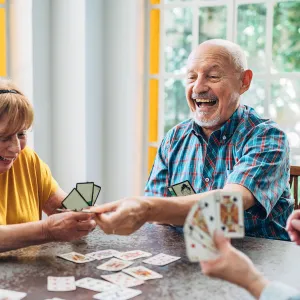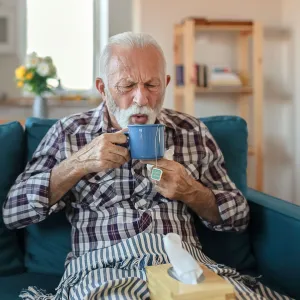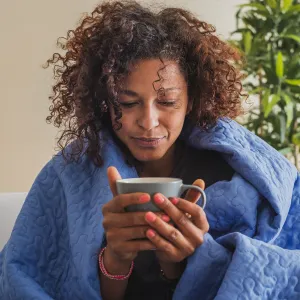
Self-Quarantine: When and How to Do It
Self-quarantine is one way to help prevent the spread of coronavirus. It can protect those in your home — and in your community. Find out who should self-quarantine and how to do it.


Learn to navigate the signs and symptoms of gallstones and kidney stones, how to treat both and ways to prevent them.



Self-quarantine is one way to help prevent the spread of coronavirus. It can protect those in your home — and in your community. Find out who should self-quarantine and how to do it.

Staying fit keeps healthy and well, so don’t give up on fitness during a pandemic. Here’s how and why to exercise at home. Get started today.

Self-quarantining essentially means isolating yourself as much as possible, and if that precaution isn’t taken, it could result in a mandated quarantine enforced by law.

If there is a coronavirus outbreak in your community, it’s important to protect yourself and your family by limiting contact with others.

If you’re healthy, should you worry about coronavirus? We’re answering your questions and offering specific insight on coronavirus for people in good health.

If you feel sick with COVID-19 symptoms, it’s essential to know where to go, and where not go, too. Read what to do if you feel like you have symptoms of this coronavirus disease.

What shouldn’t you do to prepare for COVID-19? See which steps aren’t helpful to keep your family prepared and read what to do instead, here.

For those who have had exposure to coronavirus and those who have tested positive, it’s especially important to take these steps to prevent spreading germs to others in your home or community.

As the COVID-19 outbreak continues to unfold, help your kids feel confident, in control and less stressed in a few simple ways. Read more here.
Our website uses cookies. Please review our privacy policy to find out more about the cookies we use. Browsing our website means you accept these terms.
